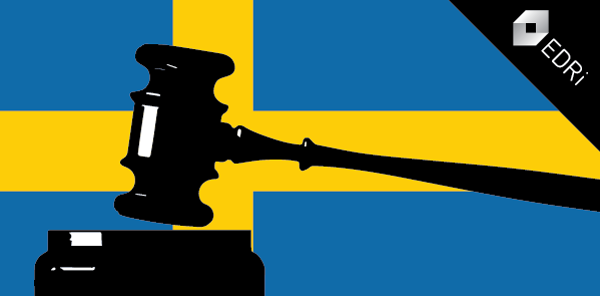Human rights court: Website not liable for anonymous comment
On 9 March 2017, the European Court of Human Rights (ECHR) published its unanimous ruling in the case of Pihl v. Sweden. It declared that a non-profit association was not liable for an anonymous defamatory comment posted on its blog.
The plaintiff Rolf Anders Daniel Pihl had made a civil claim against the small non-profit association which ran the blog. Pihl had been the subject of a defamatory third-party comment that was published anonymously on the blog. He claimed that the association running the blog should be held liable for the comment. The claim was rejected by the Swedish courts. Pihl complained to ECHR, which held that the complaint was without merit.
In its decision, the ECHR stated that by refusing to hold the association liable for the comment, the Swedish authorities had struck a fair balance between an individual’s right to respect of private life and the freedom of expression enjoyed by the association that ran the blog. The comment had been taken down quickly after the plaintiff made his complaint and, even if offensive, it had not amounted to hate speech or an incitement to violence. Also the fact that it was posted on a website with a relatively small readership, run by a small non-profit association, was used by the Court in its reasoning for rejecting the claim.
The Swedish courts had explicitly assessed the case on the basis of ECHR case law and the controversial Delfi case, in which an internet news portal was liable for the offensive comments that were posted underneath an online article.
There were three potential lines of redress available for the plaintiff. The first would be against the poster of the comment who had a French IP address, and the plaintiff apparently did not pursue this. The second option was the claim against the website, which was the object of this case, with the plaintiff complaining of the direct damage caused by the post being available for six days. Thereafter, the third line of redress would be via search engines that had, in the plaintiff’s view, exacerbated the damage.
In paragraph 33 of the ruling, ECHR notes that, “as concerns the alleged possibility of still being able to find the comment via search engines, the applicant is entitled to request that the search engines remove any such traces of the comment”. The court is referring to the Costeja ruling (so called “right to be forgotten”), which would have given the plaintiff the right to have the content de-linked from searches using his name.
In the light of ongoing discussions on intermediary liability, the ruling on the non-liability of the website in this case is encouraging.

Court backs Sweden over blog’s Nazi jibe (10.03.2017)
http://www.humanrightseurope.org/2017/03/court-backs-sweden-over-blogs-nazi-jibe/
The European Court of Human Rights: Pihl v. Sweden
http://hudoc.echr.coe.int/eng/#{%22itemid%22:[%22001-172145%22]}
ECtHR: Internet News Portal Liable For The Offensive Online Comments
https://edri.org/ecthr-internet-news-portal-liable-for-the-offensive-online-comments/
Google’s forgetful approach to the “right to be forgotten”
https://edri.org/googles-forgetful-approach-right-forgotten/


